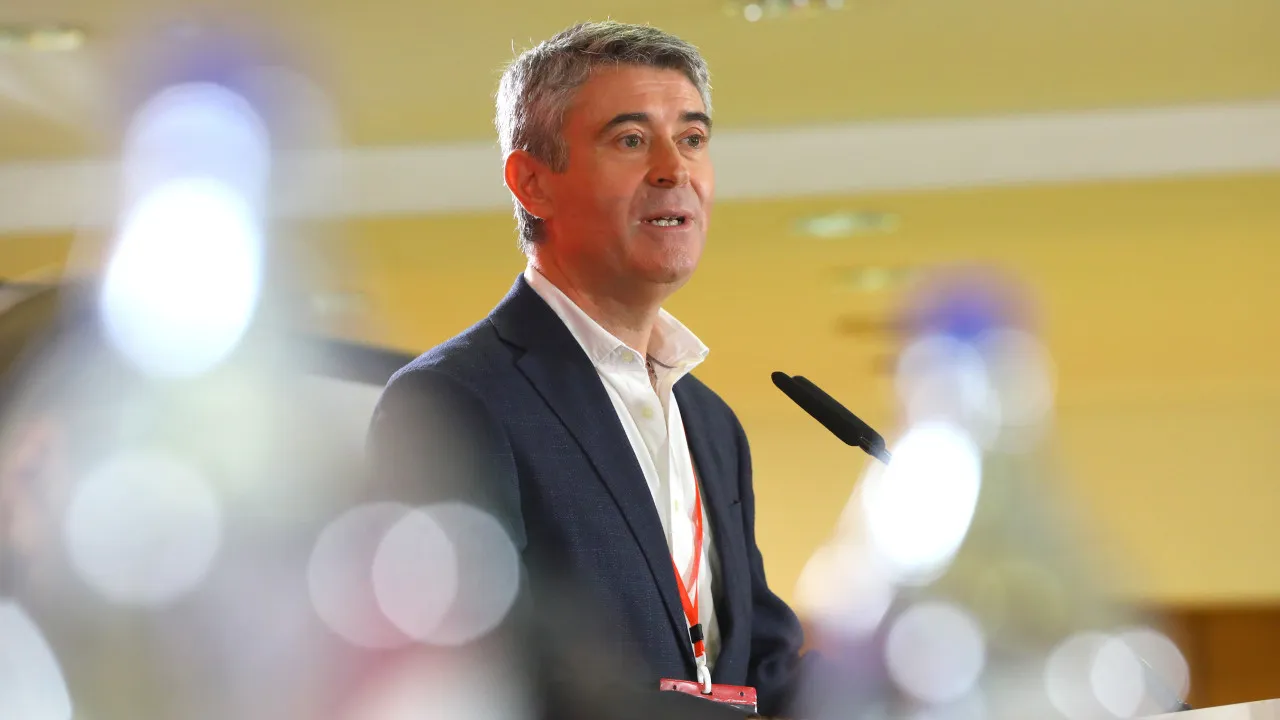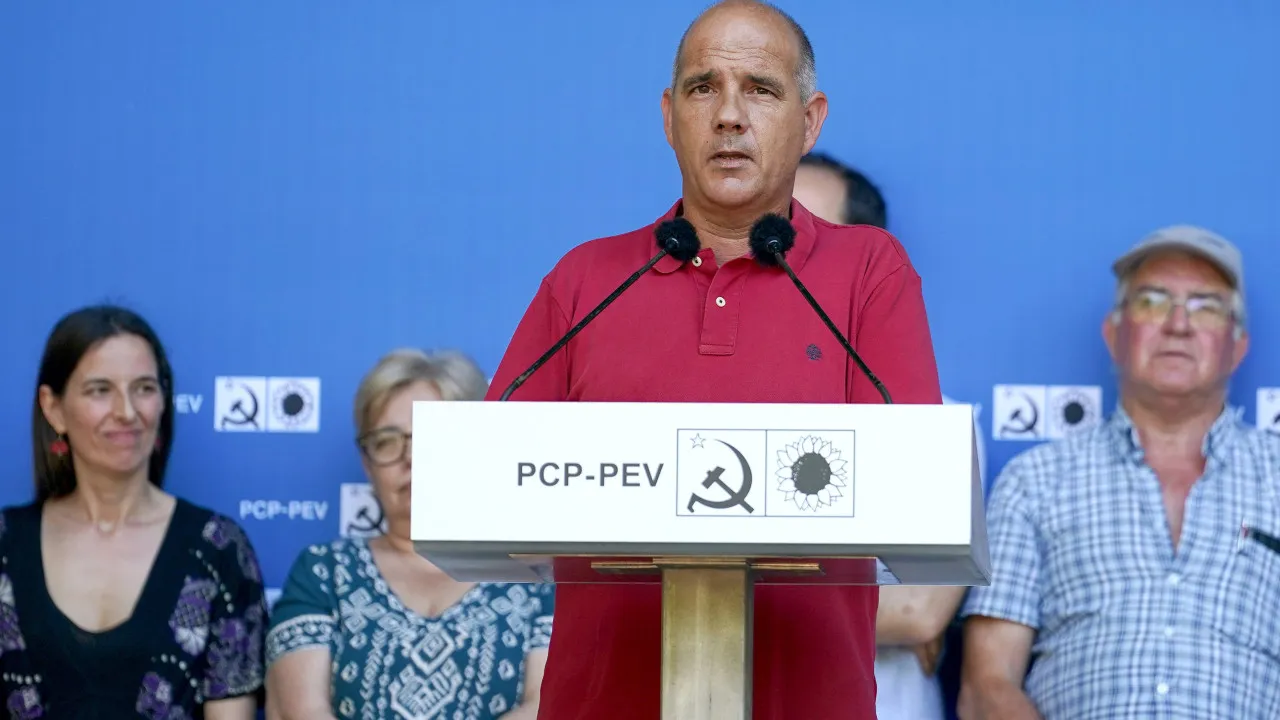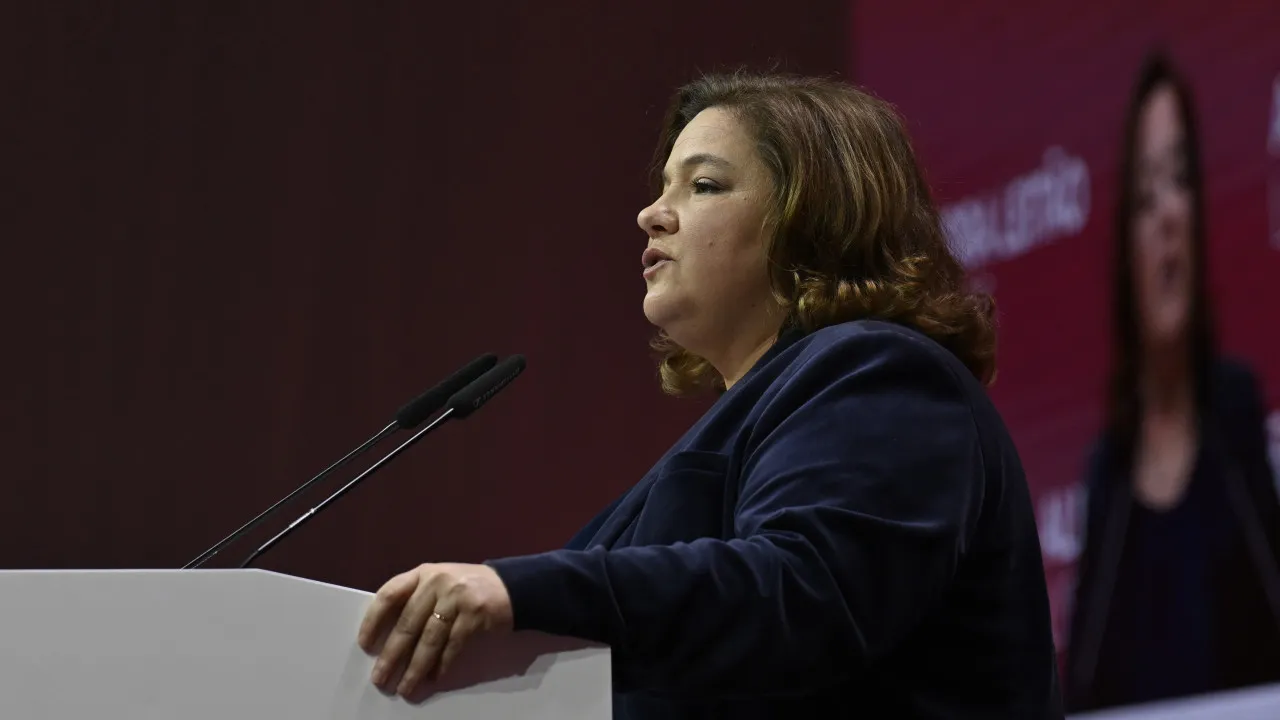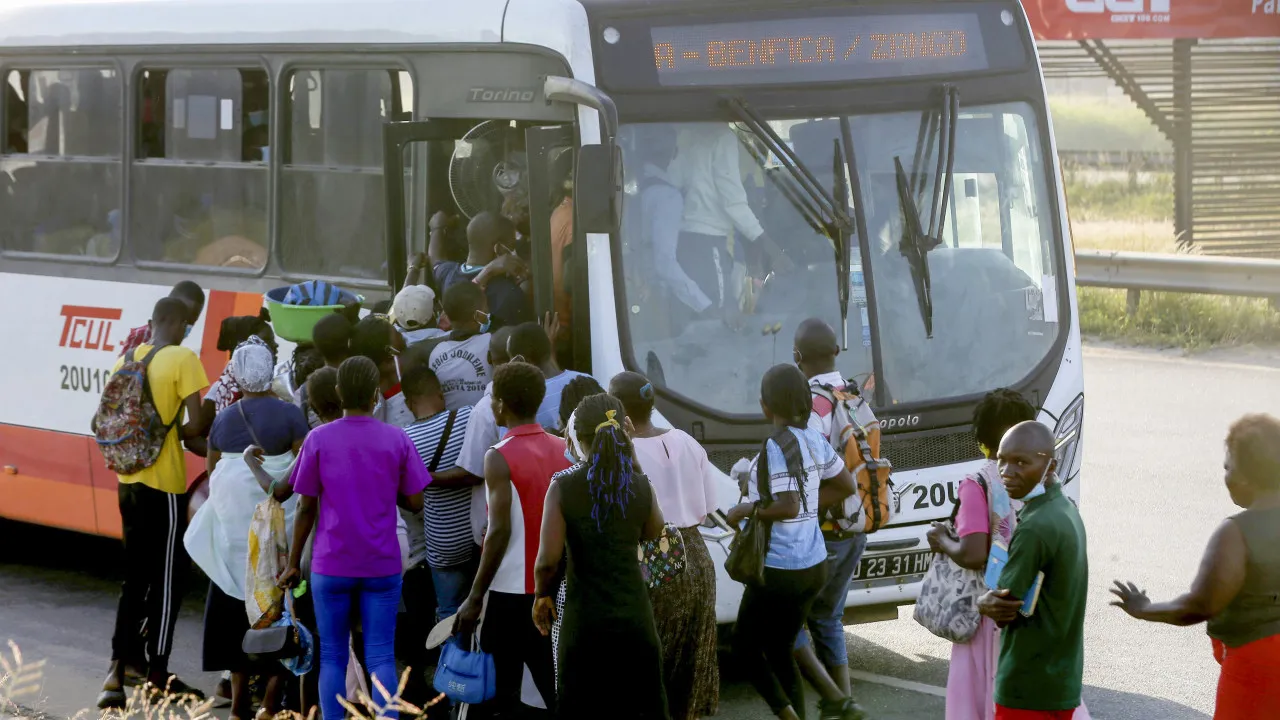Communists consider that an “inhuman reality” is being experienced in the country.
The PCP will request a parliamentary hearing with ACT, SEF and Social Security on the situation of immigrants in Portugal, considering that an “inhuman reality” is being experienced in the country.
This announcement was made by PCP deputy Alma Rivera during a meeting on Monday with the leadership of Caritas of Beja, as part of the party’s parliamentary meetings that end this Tuesday in that Alentejo district.
Alma Rivera explained that the PCP wants to hear the Authority for Working Conditions (ACT) in the Commission for Constitutional Affairs, Rights, Freedoms and Guarantees, because “there is only this level of exploitation and exploitation because there is a situation of use of this labor that justifies it”.
On the other hand, the communist deputy pointed out that the party also wants to hear the Foreigners and Borders Service (SEF) and Social Security, which has the responsibility to “respond from the point of view of the organizations that work in the field” and to have “answers for these situations of great need, of great lack, often of great unfitness and fragility”.
Alma Rivera qualified the situation that immigrants live in Portugal as an “inhuman reality, often of deceit, of leading people to believe that they are going to find certain conditions and then they don’t find them”.
“More often than not it has a criminal dimension, and it has to be fought, and if we can all see it, we all have an obligation to fight this situation and promote safe, organized immigration, and it is the State that has to play a role and cannot continue to ignore a problem that is there for all to see,” she said.
The PCP deputy argued that “trafficking in human beings” and “labor exploitation” in Portugal “needs to be fought”, stressing that, although there is a “seasonal need” for labor in the country, this “ends up being an excuse to bring hundreds of workers who are totally unprotected and subject to the worst atrocities, from having their documentation withheld, to having their Social Security numbers, for example”.
Speaking to journalists, Arlindo de Oliveira, president of Cáritas de Beja, informed that immigrants come to the district from 47 countries – namely Senegal, Brazil and “a very strong community of Asians, namely Pakistanis, Indians and Bangladeshis”.
In total, according to Arlindo de Oliveira, Caritas de Beja receives about “a thousand and a half people per year”, a number that has remained stable when compared to the last year, but that, in terms of “number of attendances, is increasing geometrically”.
The president of Cáritas Beja emphasizes that the majority of these services are related to “social, employment and food problems”, to which Cáritas is having difficulties in responding, because it doesn’t have “food to give”.
Zeca Soares, from East Timor, is precisely one of the immigrants that, on Wednesday night, went to Cáritas Beja to get some food: having arrived in Beja in June 2022, he has already had three different jobs – picking apples, pears and olives – and now, after a “problem with the boss”, he is unemployed.
“Caritas is looking for work for all the people here, and then, when Caritas finds work, they will interview people for the staff to go to work,” he said.








